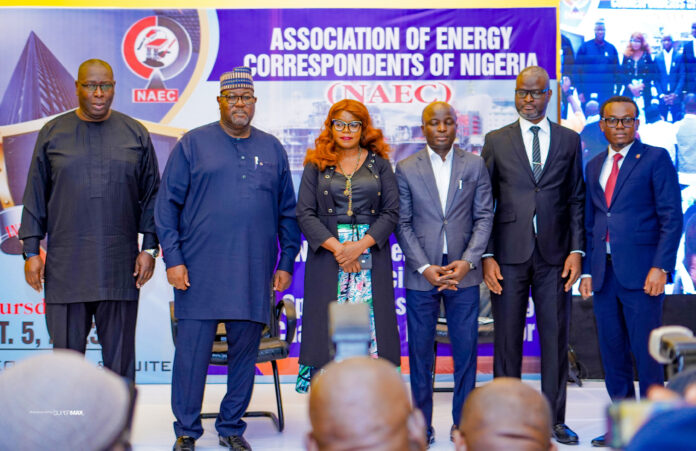Major Oil Marketers Association of Nigeria (MOMAN) has cautioned the Federal Government against partial introduction of fuel subsidy to address the rising price of petrol.
Its Chief Executive Officer, Mr Clement Isong said that any short-term intervention must be well-targeted, affordable, well-planned, time-bound, and should not have negative long-term effects on the Nigerian economy.
Isong made this known at the Association of Energy Correspondents (NAEC) International Strategic Conference 2023 in Lagos.
The theme of the conference is, ”Energy Transition, PIA, Petroleum Pricing and the Way Forward in the Downstream Sector”.
According to him, MOMAN is in support of short-term interventions in the prices of imported petroleum products, as long as they are time-bound and specifically focused on helping consumers.
Isong, said that these interventions should not have adverse effects on the Nigerian economy in the long run.
Isong also acknowledged that the deregulation of the downstream sector had attracted investment throughout the value chain of the petroleum industry.
He, however, cautioned that the rate of investment would significantly increase if the pricing of commodities becomes favourable and economically viable for investors.
The CEO said, “Deregulations are meant to enable people and businesses. Therefore, there is need for the right decisions to be made, based on the resources available.
“When the commodity pricing is right, this would serve as a confidence booster for the sector.
“If spending goes down, the industry should reduce its costs, people should consider the use of alternative energies available.”
He also said that petrol prices would continue to rise due to market dynamics and the cost of crude oil.
Isong said that the increase in prices would likely compel consumers of petroleum products to prioritise energy efficiency and opt for alternative fuel types such as Compressed Natural Gas (CNG).
According to him, this will lead to a transition away from diesel-powered generators and modes of transportation in favour of CNG.
“The rise in diesel costs should help the average consumer move away from diesel-powered generators and diesel-powered modes of transportation, rather than subsidise.
“The rising price is a tough situation, but an inevitable reality.
“The vision of the downstream is to move away from cheap petrol, expensive diesel, and alternative energies, move to mass transit, and be more cost-efficient,” Isong noted

























